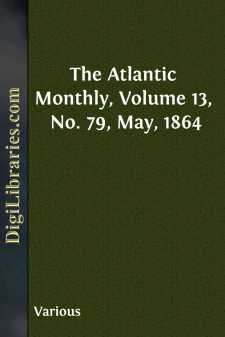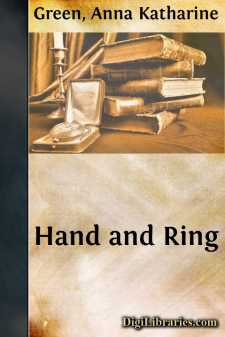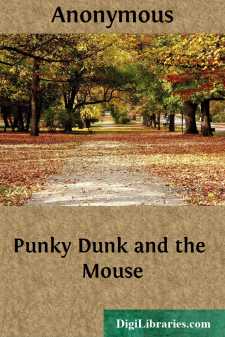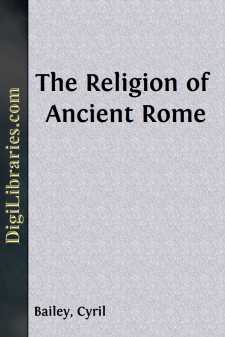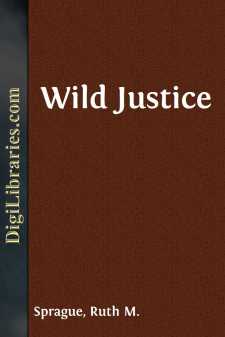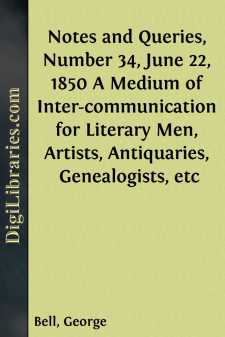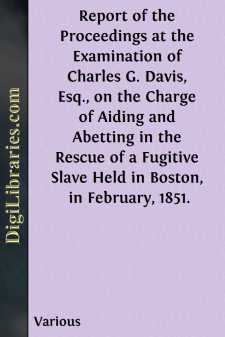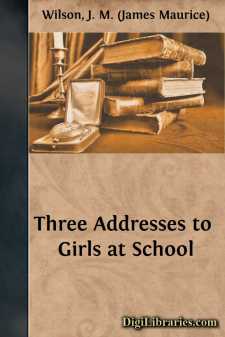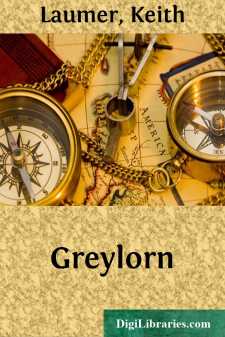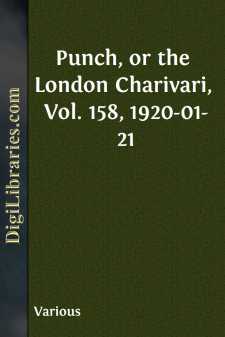Categories
- Antiques & Collectibles 13
- Architecture 36
- Art 48
- Bibles 22
- Biography & Autobiography 813
- Body, Mind & Spirit 142
- Business & Economics 28
- Children's Books 17
- Children's Fiction 14
- Computers 4
- Cooking 94
- Crafts & Hobbies 4
- Drama 346
- Education 46
- Family & Relationships 57
- Fiction 11829
- Games 19
- Gardening 17
- Health & Fitness 34
- History 1377
- House & Home 1
- Humor 147
- Juvenile Fiction 1873
- Juvenile Nonfiction 202
- Language Arts & Disciplines 88
- Law 16
- Literary Collections 686
- Literary Criticism 179
- Mathematics 13
- Medical 41
- Music 40
- Nature 179
- Non-Classifiable 1768
- Performing Arts 7
- Periodicals 1453
- Philosophy 64
- Photography 2
- Poetry 896
- Political Science 203
- Psychology 42
- Reference 154
- Religion 513
- Science 126
- Self-Help 84
- Social Science 81
- Sports & Recreation 34
- Study Aids 3
- Technology & Engineering 59
- Transportation 23
- Travel 463
- True Crime 29
Sort by:
by:
Various
A CRUISE ON LAKE LADOGA. "Dear Q.,—The steamboat Valamo is advertised to leave on Tuesday, the 26th, (July 8th, New Style,) for Serdopol, at the very head of Lake Ladoga, stopping on the way at Schlüsselburg, Konewitz Island, Kexholm, and the island and monastery of Valaam. The anniversary of Saints Sergius and Herrmann, miracle-workers, will be celebrated at the last-named place on Thursday,...
more...
A STARTLING COINCIDENCE.By the pricking of my thumbs,Something wicked this way comes.—Macbeth.THE town clock of Sibley had just struck twelve. Court had adjourned, and Judge Evans, with one or two of the leading lawyers of the county, stood in the door-way of the court-house discussing in a friendly way the eccentricities of criminals as developed in the case then before the court. Mr. Lord had just...
more...
by:
Anonymous
Punky Dunk, very sly, with a wink of his eyeStrolled lazily all through the house;To the cellar he went and the morning he spentOn a hunt for a fat little mouse."Over there by the coal," he said, "Mouse has his hole,So I'll sit there beside it and wait.There's a trap with some cheese just as nice as you please,And Mouse soon will come out for that bait."Punky sat by the trap,...
more...
by:
Cyril Bailey
CHAPTER I INTRODUCTION—SOURCES AND SCOPE The conditions of our knowledge of the native religion of early Rome may perhaps be best illustrated by a parallel from Roman archæology. The visitor to the Roman Forum at the present day, if he wishes to reconstruct in imagination the Forum of the early Republic, must not merely 'think away' many strata of later buildings, but, we are told, must...
more...
by:
Ruth M. Sprague
GIVE THE DEVIL HER DUE It was going to be a perfect June day. Already a cloudless, azure sky, promising no hint of rain, arched over a shimmering campus. All shades of green were represented and so was every color in the flowers that lined the walks and burst forth from the beds. In perfect compliment, the lovely old brick and stone buildings sat around the campus, complaisant and secure, full of pride...
more...
by:
George Bell
THE "AGAPEMONE" OF THE SIXTEENTH CENTURY. As it is not generally known that the "Agapemone" had a prototype in the celebrated Family of Love, some account of this "wicked sect" may not at this moment be without interest to your readers:— "Henry Nicholas, a Westphalian, born at Munster, but who had lived a great while at Amsterdam, and some time likewise at Embden, was the...
more...
by:
Various
REPORT. On the 13th of February, A.D. 1851, one John Caphart, of Norfolk, Va., came to Boston, in pursuit of one Shadrach, alleged to be a fugitive slave and the property of John Debree, a purser in the navy, and attended by Seth J. Thomas, Esq., as counsel, made his complaint, as agent and attorney of the said owner, before George T. Curtis, Esq., U. S. Commissioner. On the evening of the 14th, the...
more...
EDUCATION. Now that I have given away the certificates it will be expected that I should make a few remarks on that inexhaustible subject, Education. My remarks will be brief. I take this opportunity of explaining to our visitors the nature of the Higher Certificate examination. It is an examination instituted originally to test the efficiency of the highest forms of our public schools, and to enable...
more...
by:
Keith Laumer
PROLOGUE The murmur of conversation around the conference table died as the World Secretary entered the room and took his place at the head of the table. “Ladies and Gentlemen,” he said. “I’ll not detain you with formalities today. The representative of the Navy Department is waiting outside to present the case for his proposal. You all know something of the scheme; it has been heard and passed...
more...
by:
Various
OUR BALLYBUN LOTTERY. [À propos of Premium Bonds it has been recalled that in his evidence, given some years ago before a Select Committee, the then Under-Secretary for Ireland stated that in that distressful country "lotteries are very much used for religious purposes by people of all denominations," and that "it would be flying in the face of public opinion, especially of the great...
more...


